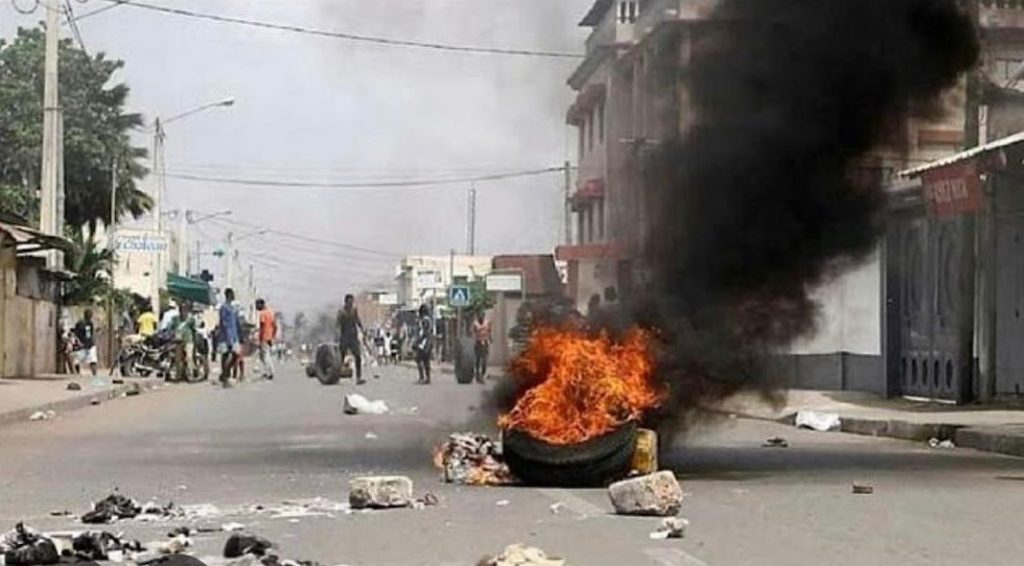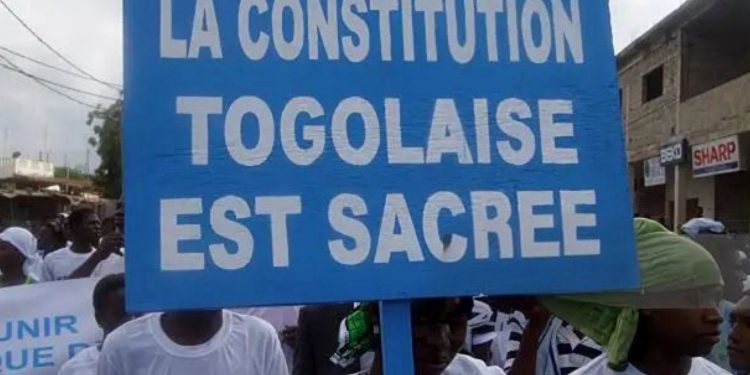June 29, 2025 – Togo is facing a new wave of political unrest, as large scale demonstrations erupted in the capital, Lomé, in recent days. Protesters, mostly youth and civil society groups, have taken to the streets to denounce recent constitutional reforms they argue are aimed at prolonging President Faure Gnassingbé’s rule indefinitely.
Power Without Term Limits?
The core of the unrest stems from changes made to the country’s constitution earlier this year. Under the new system, Togo has introduced a parliamentary republic framework, installing a “President of the Council of Ministers” a position now held by longtime leader Faure Gnassingbé. This role carries significant executive authority but, unlike the previous presidency, is not subject to term limits.
Although a new president, Jean‑Lucien Savi de Tové, has been named, the real reins of power appear to remain with Gnassingbé, who has been in office since 2005, following the death of his father, Eyadéma Gnassingbé, who ruled for 38 years before him.

Youth Led Resistance:
Protests led by a coalition of youth movements including the group “Hands Off My Constitution” have called the changes a “constitutional coup.” Demonstrators accuse the government of backsliding on democracy, undermining years of struggle for term limits and constitutional order.
Videos and testimonies from protest scenes describe demonstrators blocking roads with burning tires and chanting slogans for political change. Reports indicate that many protesters were arrested and allegedly tortured while in detention, including being beaten with cords and subjected to degrading treatment.
Heavy Security Response:
Security forces reportedly used tear gas and batons to disperse crowds, with plainclothes officers entering homes in neighborhoods considered opposition strongholds. A longstanding ban on street demonstrations remains in place, which critics argue is being used to silence public expression.
A Familiar Pattern in West Africa?
The situation in Togo echoes broader concerns across West Africa over democratic backsliding. Recent years have seen coups or constitutional changes in several neighboring countries, with power increasingly concentrated in the hands of a few leaders.
Civil society organizations and youth movements across the region have expressed solidarity with Togolese demonstrators, drawing parallels between Togo’s political developments and similar trends elsewhere on the continent.
Looking Ahead:
The government faces growing pressure both internally and externally to revisit the constitutional reforms and allow greater political openness. Protesters continue to call for the restoration of term limits, the release of detained activists, and urgent economic reforms to address rising unemployment and cost-of-living pressures.
With the space for public demonstrations tightly restricted and media oversight increasing, the coming weeks may prove pivotal for the country’s democratic future.
By Nzematoday TV











